The results of Polish 15-year-olds in the creative thinking test are higher than the OECD average and similar to the results of students from Belgium, Latvia and Portugal. The best results were achieved by students from Singapore (41 points), South Korea and Canada (38 points each). The next places were taken by Australia and New Zealand. Among students from the European Union, only 15-year-olds from Estonia, Finland and Denmark achieved better results.
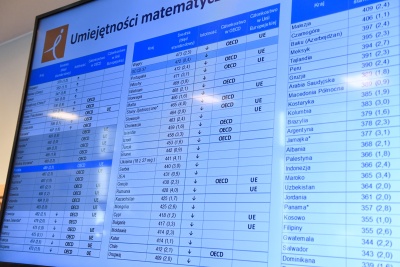
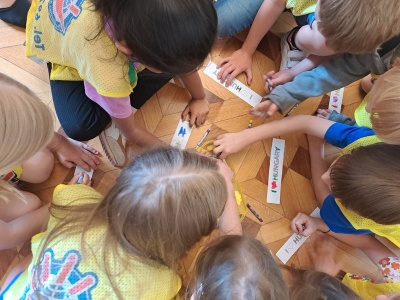
This morning was a great joy in the Institute's conference room. Groups from the Canadian Kindergarten in Warsaw visited us to learn about Hungarian culture.
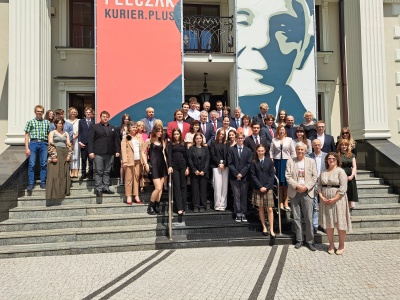
Today, 29 May, is a special day for our Institute, as our namesake, Prof. Wacław Felczak, was born 108 years ago on this day.

This year, over 1,400 students from 170 schools from all over Poland applied to participate in the competition organized by the Waclaw Felczak Institute for Polish-Hungarian Cooperation. The event is titled “Poland-Hungary – the story of a friendship.” The winners of the competition will be granted scholarships, with amounts ranging from PLN 600 to 4,000 (EUR 141-939).

Almost every child's dream will come true for Polish elementary school students: From April, they will no longer be assigned homework. According to the Polish Minister of Education Barbara Nowacka, children should rest during their free time. Subsequently, the government ban may extend to secondary schools as well.
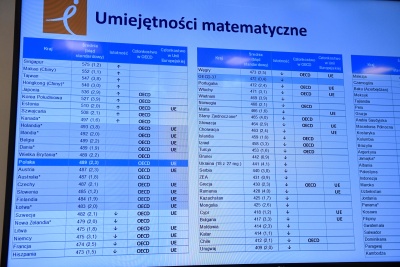
The results of the latest edition of the prestigious international PISA study show that both Polish and Czech fifteen-year-olds have maintained a high position globally in terms of mathematical skills, reading comprehension, and scientific reasoning. Young Hungarians also outperformed the average youth from the countries of the Organization for Economic Cooperation and Development.
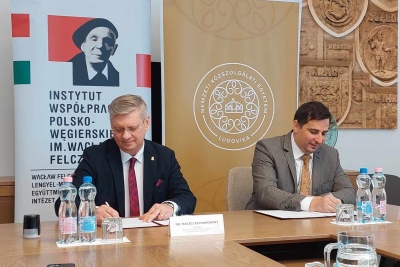
On Monday, December 4th, representatives of the Felczak Institute and the National University of Public Service (Nemzeti Közszolgálati Egyetem or NKE) - Director Maciej Szymanowski and Rector Deli Gergely - signed a formal agreement.
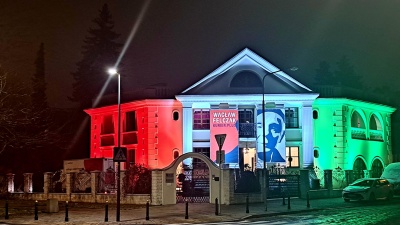
On Monday, a group of Hungarian studies students from Krakow, Poznań, and Warsaw gathered once more at the Wacław Felczak Institute of Polish-Hungarian Cooperation. However, this wasn't your typical philologists' meeting; it was a captivating exploration into the nuances of business etiquette, diplomatic protocol, and the art of presentation. Agnieszka Barátka, the deputy director of the Felczak Institute, highlights that the purpose of these encounters with experts was to move Polish Hungarian…

On September 26, 2011, the Hungarian Parliament declared November 13th the day of the Hungarian language, because in 1844, on this day, the Act on the Hungarian language and nationality was adopted, making Hungarian the state language. Photo by Erika Varga/Pixabay (J)
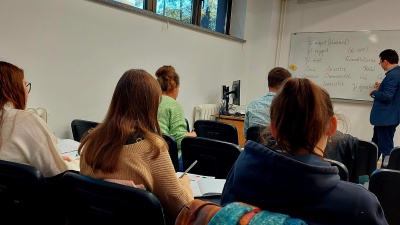
On October 18th, the Wacław Felczak Institute of Polish-Hungarian Cooperation officially renewed its cooperation agreement with the John Paul II Catholic University of Lublin.
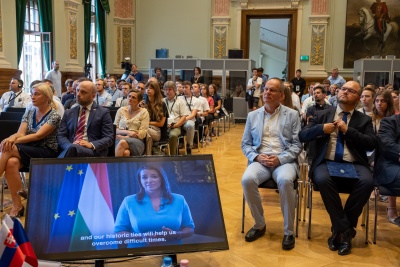
About 150 people took part in the official inauguration of the first edition of the Visegrad Summer Academy. Young leaders from Poland, Hungary, the Czech Republic and Slovakia - as well as experienced politicians and diplomats, outstanding scientists and well-known publicists from four countries in the region, discussed together the most important problems regarding the history, present and future of the Visegrad Group countries. The grand inauguration of the Visegrád Summer Academy, a…
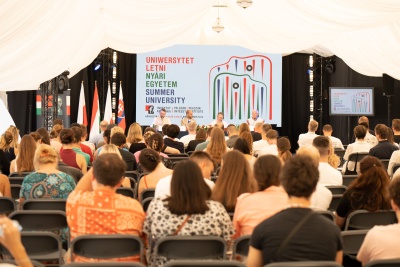
The 6th summer university of the Waclaw Felczak Institute in Krasiczyn Castle in southern Poland, started on Monday evening with the participation of about two hundred students from Poland, Hungary, Czech Republic and Slovakia. Photo by www.mymedia.pl
